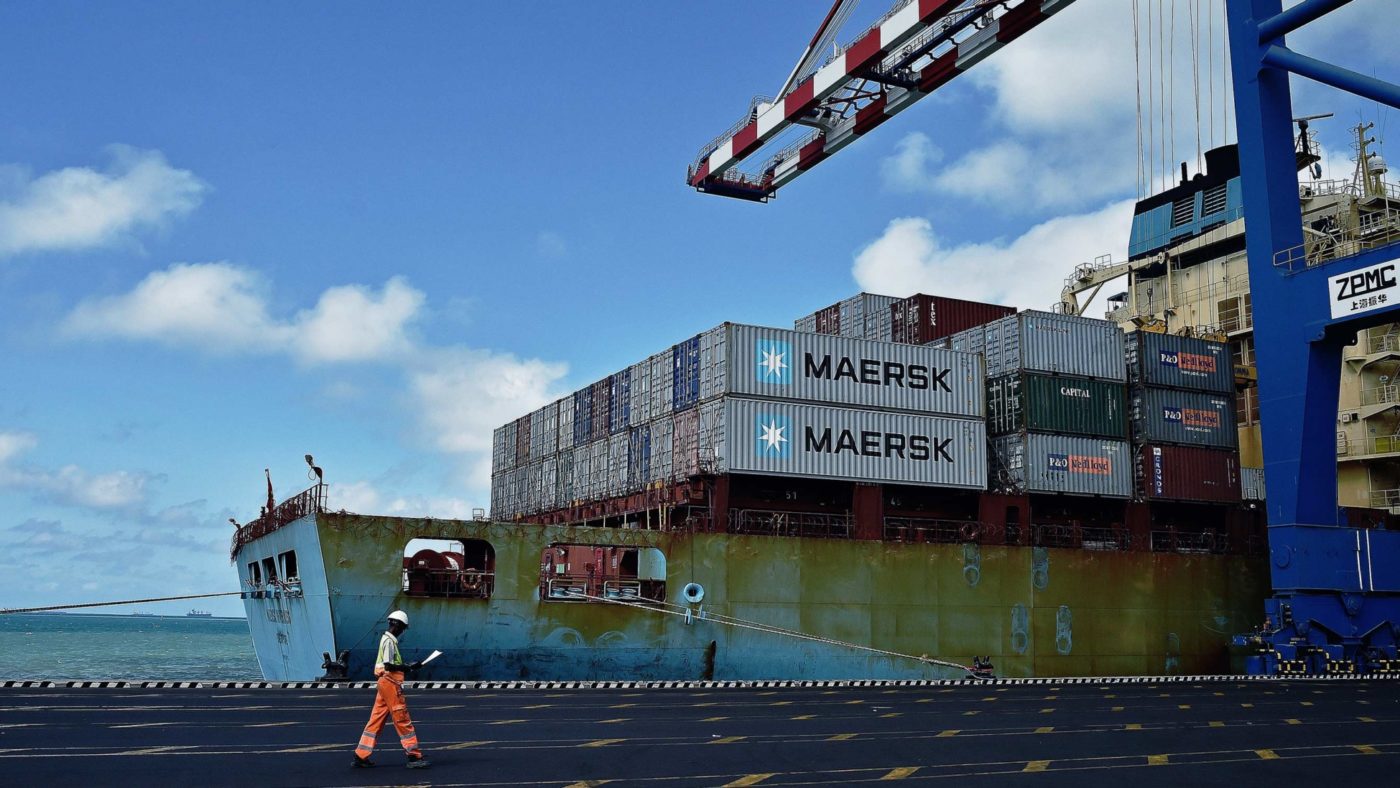Last month, during a press conference at the G20 summit in Hamburg, Germany, a journalist from the Ivory Coast asked French President Emmanuel Macron why there was no Marshall Plan for Africa. His response, which included a claim that Africa’s problems were, at least in part, “civilisational” triggered a predictable social media storm, complete with accusations of racism.
The outrage, however, distracted from an important point: Africa does not need another development plan from Europe.
“We among the West have been discussing such Marshall plans for Africa for many years and have in fact given many such plans already. So if it were so simple, it would have been fixed already,” Macron admitted.
And he was right. In the last two years alone, European governments have introduced, among other initiatives, the EU Emergency Trust Fund for Africa, the European External Investment Plan (EEIP), and this past July, the European Fund for Sustainable Development (EFSD) – dubbed the “best EU initiative ever”. These are just a few examples, but historically, there have been many Europe-led development plans for Africa that weren’t all that helpful.
Recall that in 1884-85, 11 European powers, and a few other nations, met in Berlin to decide on the future of Africa. While very condescending, one motivation behind the Berlin Conference was to help Africa. Specifically, the stated goal was to create conditions “most favourable to the development of commerce and of civilisation” in Africa in order to “increase the moral and material well-being of the indigenous populations.”
What ensued was the “Scramble for Africa” and this conference only regulated colonialism, leading to untold exploitation, helping the signatories to siphon away African resources for their own development. The development plan for Africa, thus, led to grave underdevelopment and impoverishment on the continent.
Apparently the lesson wasn’t learnt because at the beginning of this year, about 120 years after the Berlin Conference, another recommendation for the development of Africa came out of Berlin – the so-called “Marshall Plan With Africa”. The First Pillar of this plan encourages African countries to “introduce protective tariffs to provide partial and temporary protection to protect domestic markets against global competition.” That contradicts the wishes of African entrepreneurs, who repeatedly ask African governments to get rid of protectionism.
It is shocking that EU development elites would then call for more protectionism on a continent that already has massive tariffs that impede intra-regional trade, strict visa restrictions preventing the movement of people and where regional economic integration is little more than a pipe dream.
Unlike the Berlin Act of 1885, this new initiative is not a formal agreement, but it still highlights the same infantilisation of Africa that plagued its predecessor. As highlighted by Nordic Africa Institute’s Senior Research Associate Henning Melber, this is “another grandiose plan for Africa without any collaboration with Africans.”
One of the greatest impediments to lifting millions of Africans out of poverty is the fact that Africa’s development policy has, for centuries, been set by non-Africans. And, until African countries become more invested in their own development, and African governments cease to be one of the major obstacles to progress on the continent, poverty will persist. The onus is on both Africa and Europe to give Africans a chance to formulate their own policies.
Consider other countries that were as poor, if not poorer, than many African countries 60 years ago, such as South Korea and Singapore. In 1957, Ghana and South Korea had the same GDP per capita. By 1990, South Korea’s GDP was 10 times that of Ghana. A key reason for the difference is that, in South Korea, foreign aid agencies did not dominate domestic policy-making, unlike in Ghana. Moreover, internal political processes, created and driven by South Korean people, helped to strengthen the country’s institutions and allow for more national productivity.
In 1965, Singapore was a third world country, with its GDP per capita at $500, the same as South Africa at the time. By 2015, the country’s GDP per capita has caught up to Germany and the US, at about $56,000. To get there, Singapore – like every single rich country in the world – formulated its own development agenda. This is not to argue that Singapore is a libertarian utopia. It is not. But its self-determination helped in developing the pro-market policies that are responsible for much of its progress. As Daniel J. Mitchell from the Cato Institute has argued, if Africa wants good economic results, it needs good policy. And for the last few centuries, there haven’t been many good policies for Africa coming out of Europe.
Development elites and naysayers might invoke Africa’s so-called “complicated history” and claim that South Korean and Singaporean cultures are different or more conducive to development than African cultures. To them I say: two centuries ago, the British regarded the German people as dishonest and “slow-witted.” In the early 20th Century, wealthy Western countries considered the Japanese to be lazy. Japan, like many African countries today, was forced into unequal trade treaties with the West. Both cultures were seen as backward, and not conducive to development. Today, Japan and Germany can hardly be considered underdogs, and the negative perceptions of their cultures are all but ancient history.
Those who have first mover advantage seem to have a tendency to attribute their success to cultural superiority when the reality is slightly more complicated.
African culture is not inferior and African history is not so unique and complicated that African countries cannot independently formulate sound development policies. The fact is, simply, over the last several centuries, African policies have been decided by non-Africans and that has left the continent in a developmental straitjacket.


